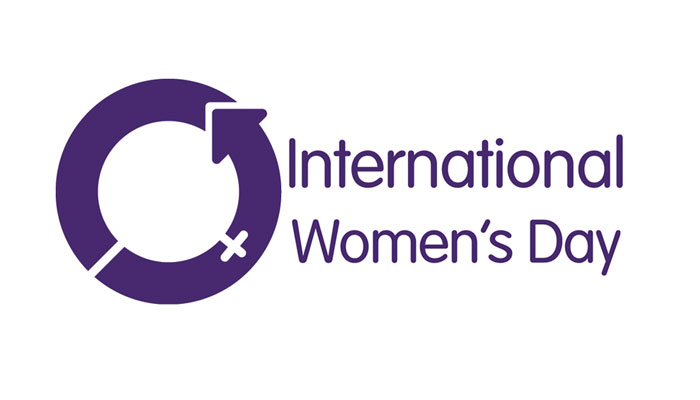International Women’s Day – Still A Long Way To Go
Union Matters March 11 2021
Earlier this week people around the world celebrated ‘ International Women’s Day’ and although progress has been made in various fields there is still a long way to go when it comes to working class women. A study by Scottish Widows and reported in the Guardian, shows that young women have to work 40 years longer than men to plug their £100k pension gap compared to men. The pension saving shortfall arises because women earn less, often work part-time and take time off for their families. The average woman in her 20s can expect to have £100,000 less in her pension pot than a man of the same age. A young woman would typically save £2,200 annually for the first 15 years of her career, compared with £3,300 for a young man of the same age to reach retirement parity. The lower contributions are due to lower earnings, with the median salary for a 25 year old man being £26,100 and £23,700 for a woman of the same age. These startling figures show just how far the UK still has to go regarding gender equality. Another report published by NFU Mutual comes to the same conclusion but suggests that women would be better off if they increased their pension contributions at the start of their career. ‘ By taking control of their contributions and increasing them as soon as possible, young women stand a fighting chance of improving their long-term savings outlook’, suggested NFU.
However that is easier said than done. With youngsters nowadays having to deal with childcare costs, university fee debts and housing costs most youngsters would struggle to increase their savings for retirement. These figures also highlight how unfair the treatment of those women born in the 1950s was. Many of these women were prohibited from joining occupational pension schemes, were paid considerably less than men whilst doing the same or similar jobs and were excluded from many occupations. Yet their retirement age was raised from 60 to 65 without them receiving any compensation for their previous treatment and in most cases without appropriate notice. Furthermore, what these reports don’t deal with is the thousands of youngsters employed on short-term and zero hours contracts, forced into phoney self-employment and low paid insecure employment. Many of these will have to rely on the State Pension and state aid to provide them in old age. ‘Mumsnet’, the online network for mothers, also carried out another survey to coincide with ‘International Women’s Day’ (this can be viewed on the Guardian’s website) Their report shows that half of the women surveyed fear that progress in women’s rights and equality is going back to the 1970s. This survey shows how gender inequality has been exacerbated during the Pandemic, with women really struggling to cope during a year when women were more likely to be furloughed, lose their jobs, carry the burden of homeschooling and domestic work.
International Women’s Day should be a time to reflect on the injustices of the past and how we can improve the situation in the future. The trade union movement has a very important role to play in leading the way in tackling the very real problems and injustices highlighted in these three reports. The UK is fast approaching a pension crisis and whilst many retired CWU members will have the benefit of a decent occupational pension many in the future will struggle to make ends meet. The key to this is for the trade union movement to take the lead on campaigning for a new look at pensions, both state and occupational pensions, with the aim of providing a decent retirement for all working people and righting the historical injustices affecting women, of the past and present.

